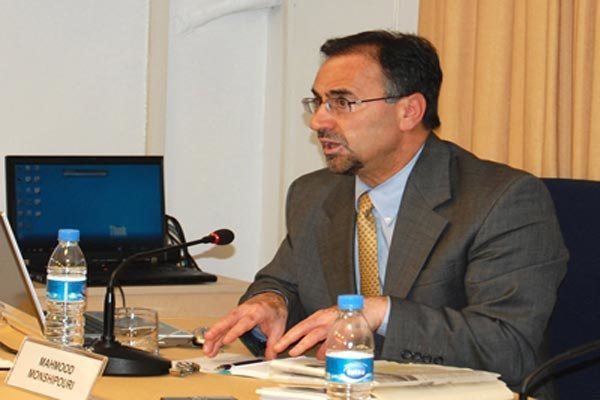Nor were these strikes intended to provoke a military confrontation with Russian and Iranian supporters of the Assad regime on the ground. Clearly, the intention was to avoid a wider conflict with Iran and Russia, given that the Trump administration has repeatedly said that the United States cannot bring lasting peace and stability to the Middle East, without fostering new alliances.
Precisely, a week before these strikes, President Trump had clearly stated that he plans to promptly withdraw 2,000 US troops from Syria who were stationed there to fight against the Islamic State in Iraq and Syria (ISIL).
These attacks have ended up raising many unsettling questions about the US foreign policy toward Syria, but also the rest of the region more generally. To begin with these strikes did little to weaken Assad’s grip on power or fundamentally alter the balance of forces against the Assad regime.
Most observers maintain that such attacks are unlikely to change anything on the ground (The New York Times, April 16, 2018). Moreover, if the rationale behind these limited strikes was to send a strong signal to the Assad regime, a broader consensus in policy circles in Washington and the rest of the Western world’s capitals held that bombing itself is not a strategy.
Additionally, stopping the use of chemical weapons is unlikely to curb the Syrian civil war. The larger question is: What are the consequences of punishing the Assad regime without showing any consistent commitment toward achieving political and diplomatic solutions in the region? Does that mean that Washington can somehow live—and even tolerate—the continuation of the status quo ante in light of the fact that there seemingly is no credible and politically acceptable alternative to the Assad regime?
In the meantime, the US Congress remains quiet and conceivably aloof from bringing the pressure to bear on the president to obtain congressional approval before any such strikes in the future. It is worth noting that since 1942, the US Congress has not declared a war through its Congress.
This has given the US presidents considerable leeway in using such strikes. All conflict since 9/11, roughly, has been governed under the Authorization for the Use of Military Force (AUMF), which holds that a relative blank check has been cut to the Executive and the armed forces to use force wherein a threat to “national security and foreign policy of the United States posed by these grave acts of violence” should be acted upon without Congressional approval.
Some argue that at a time when Trump’s presidency faces several scandals at home turning the public’s attention away from his internal intractable problems may be an added motivation behind such strikes. Regardless, the outcome of these attacks will remain disputable for now, as several speculations point to politically motivated military attacks.
While an immediate and forceful punishment against those who have used such weapons of mass destruction is well-warranted, the political motivations behind such retaliatory attacks equally deserve proper attention. It is also important to remember that humanitarian remedies for the Syria people, who have endured enormous suffering over the past seven years, should be kept in perspective.
Banning Syrian refugees from entering the United States deserves as much attention on humanitarian grounds as military strikes against those who have committed such crimes against the Syrian people.
MNA/TT
























Your Comment